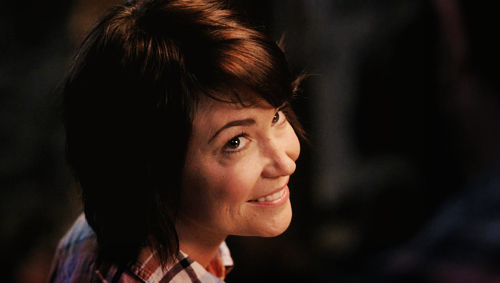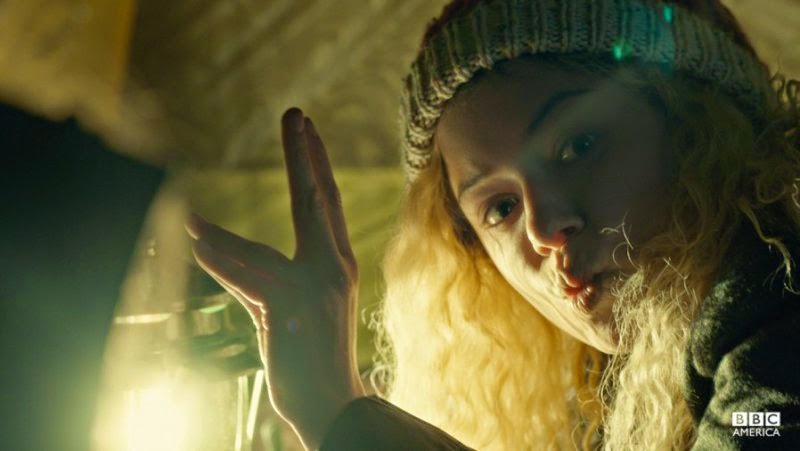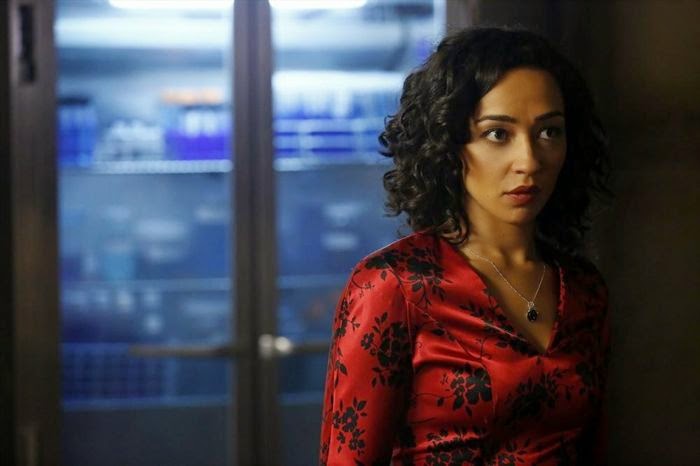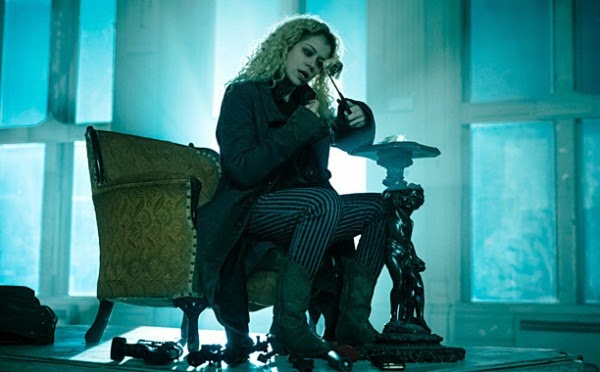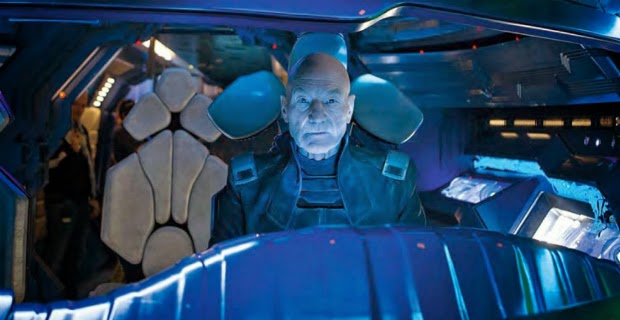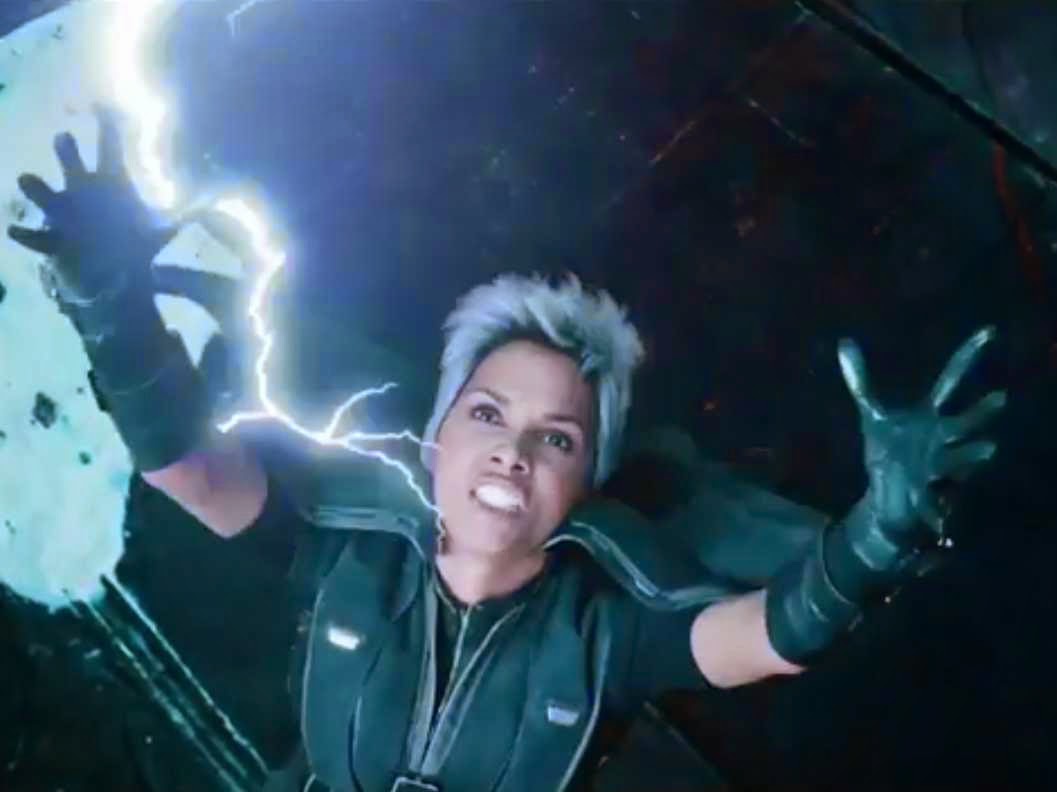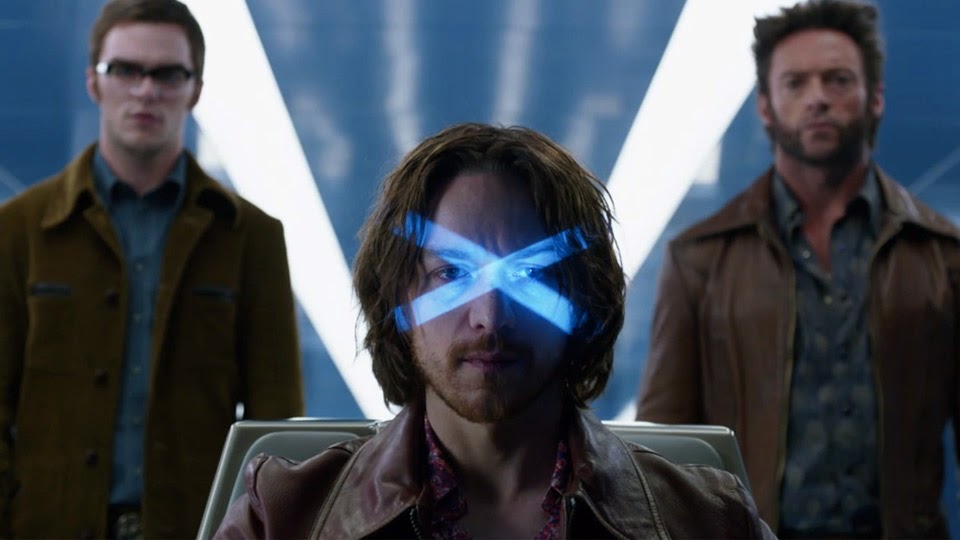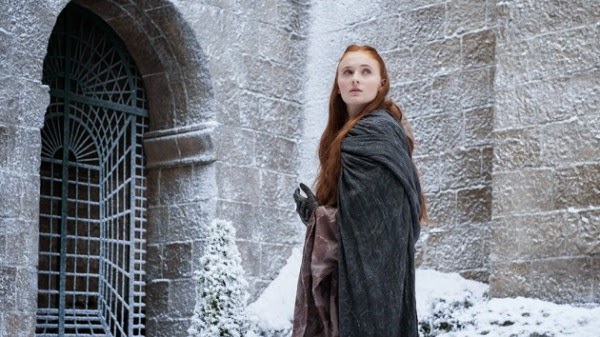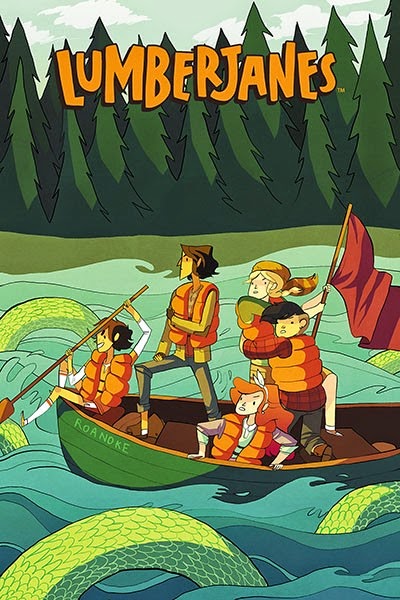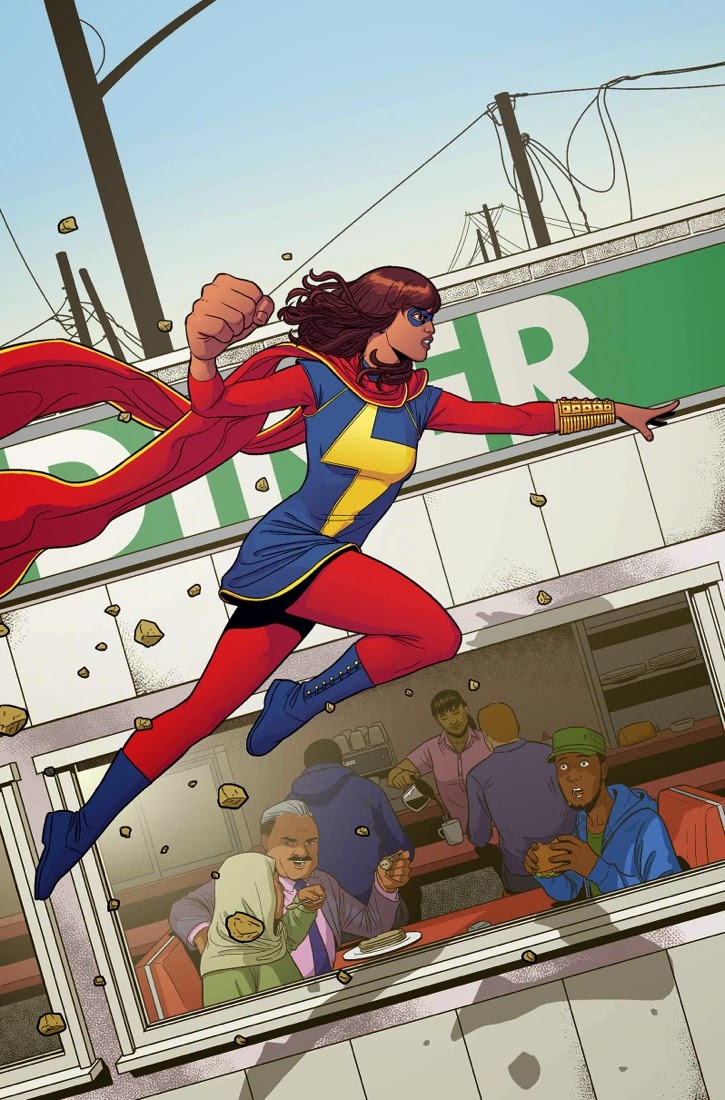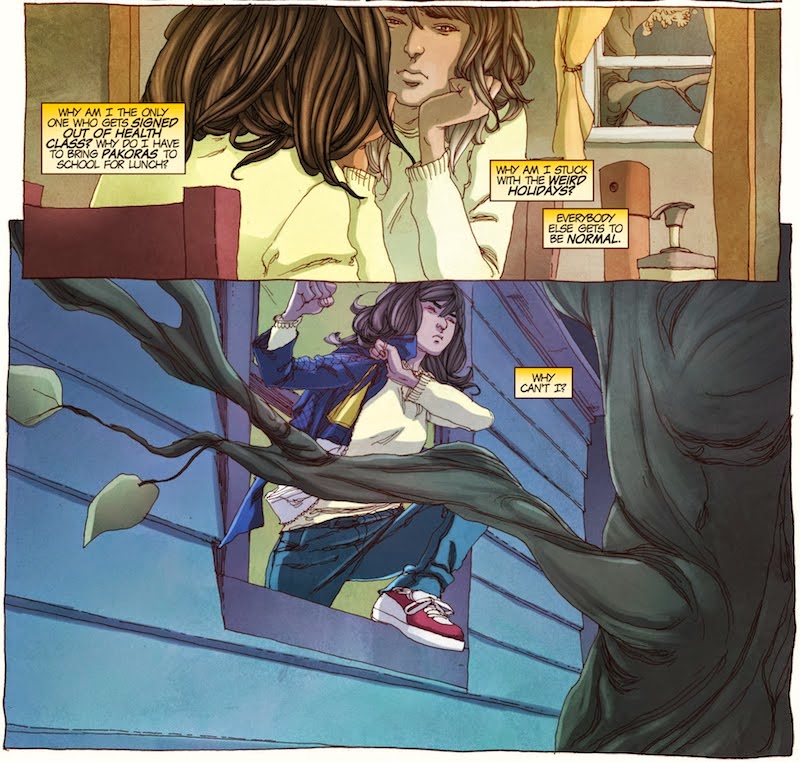Sheriff Jody Mills has survived another season of Supernatural, and I am overjoyed.
I am also incredibly saddened, however, for the simple fact that this is a statement worth celebrating. Survival is, after all, literally the lowest possible bar for female involvement in a show, and to view this as a milestone feels kind of, well, depressing as all get out. But when taken in comparison to Jo, Ellen, Meg, Anna, Pam, Rachel, Naomi, Tamara, and of course, Mary and Jess, this is good. Great even.
There are relatively few female characters on the show who have now been around as long as Jody - she made her debut in the middle of season five, with "Dead Men Don't Wear Plaid" - and there are even fewer who are defined primarily by who they are and what they bring to the cases, rather than their sexual agency or how hot they look in a tank top. Which is not to say that Kim Rhodes, who plays Sheriff Jody Mills, doesn't look hot in a tank top, just that this is not why we love her.
We love Jody because she was first introduced as part of a case, but even from the start, Jody was shown to be a character of deep complexity and a lot of layers. When we first meet her, all the dead loved ones in Sioux Falls have gotten up out of their graves and gone back home to their families. The boys of course suspect that this is a terrible thing, not a nice one, and they're right, but when they try to contact the local law enforcement, they get no help. Even less than usual.
Why? Because Jody, the Sheriff, is one of those whose lost loved one has returned. In this case, her young son, who died a few years ago. She and her husband are overjoyed to have their boy back, and are totally willing to not look to closely at the reasons. That is, until he turns violent and deteriorates into being a regular zombie.
I am also incredibly saddened, however, for the simple fact that this is a statement worth celebrating. Survival is, after all, literally the lowest possible bar for female involvement in a show, and to view this as a milestone feels kind of, well, depressing as all get out. But when taken in comparison to Jo, Ellen, Meg, Anna, Pam, Rachel, Naomi, Tamara, and of course, Mary and Jess, this is good. Great even.
There are relatively few female characters on the show who have now been around as long as Jody - she made her debut in the middle of season five, with "Dead Men Don't Wear Plaid" - and there are even fewer who are defined primarily by who they are and what they bring to the cases, rather than their sexual agency or how hot they look in a tank top. Which is not to say that Kim Rhodes, who plays Sheriff Jody Mills, doesn't look hot in a tank top, just that this is not why we love her.
We love Jody because she was first introduced as part of a case, but even from the start, Jody was shown to be a character of deep complexity and a lot of layers. When we first meet her, all the dead loved ones in Sioux Falls have gotten up out of their graves and gone back home to their families. The boys of course suspect that this is a terrible thing, not a nice one, and they're right, but when they try to contact the local law enforcement, they get no help. Even less than usual.
Why? Because Jody, the Sheriff, is one of those whose lost loved one has returned. In this case, her young son, who died a few years ago. She and her husband are overjoyed to have their boy back, and are totally willing to not look to closely at the reasons. That is, until he turns violent and deteriorates into being a regular zombie.

